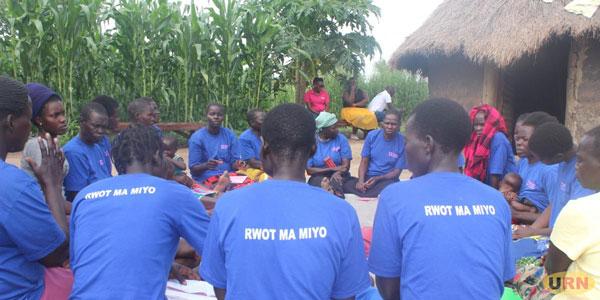
Gulu, Uganda | THE INDEPENDENT | The National Development Plan III (NDP III) has failed to hit the required target, halfway since it was launched, a report has revealed.
NDP III is the third in a series of six development plans whose primary goal is “to increase average household incomes and improve the quality of life of Ugandans,” from 2020/21 to 2024/25.
But findings of a review conducted by the National Planning Authority together with a team of independent consultants paint a grim picture, especially around poverty levels.
According to the report, poverty levels have stagnated at 21 percent accompanied by lower growth. The COVID-19 pandemic and its aftereffects reportedly worsened the poverty levels across the country. Poverty and inequality remain critical development challenges for the country.
“Whereas the proportion of people living on less than a dollar per day marginally improved to 20.3 percent in the20219/2020 Financial Year from 21.4 percent in 2016/17 and 41.8 percent of the population was living below the international poverty line of USD 1.9 in 2019/20 and a significant part of the population remains vulnerable,” said the report just posted at the National Planning Authority website.
Among the worrying indicators reported by the report is the fact that the quality of life of Ugandans still falls short of the minimum standards despite growth in income per capita.
From a development expert’s point of view, an increase in incomes should have translated into access to better health, education, health care, and equal opportunities.
The report comes after almost two financial years of the implementation of the Parish Development Model financing. In some districts, parishes are yet to receive the funding.
Another negative trend pointed out in the report is that the rates of homicide levels rose yet the National Development Plans expected it to drop.
The homicide rate measured per 100,000 reportedly increased from 10.52 percent in 2020/21 to 11 percent in 2021/22 above the NDP III target of 10 percent.
In 2019, the United Nations Office on Drugs and Crime (UNDOC) listed Uganda as fifth in homicide rates after South Sudan, Central African Republic, South Africa, and Lesotho. High homicide rates in other countries have been linked to unemployment and poverty.
Apart from homicides, the review report blamed the underperformance of the NDP III on the perennial problem of the supplementary budget.
“Frequent use of supplementary budgets not matched with revenue collections continue to undermine budget credibility and should be discouraged,” suggests the report.
But Otuke County MP, Paul Omara speaking recently at a debt crisis meeting said fiscal indiscipline is still an issue that the parliament’s committees on national economy and budget are yet to find a lasting solution to.
Supplementary budgets are usually requested for Statehouse under the President’s office and the Ministry of Defense among others.
Some experts including Omara say fiscal indiscipline needs to be tamed or else the National Development planning process will be rendered useless.
The Mid-term Review experts said a commitment to the charter of fiscal responsibility needs to be demonstrated in the remaining half of the NDP III.
They recommend using the Charter of Fiscal Responsibility as an anchor to enforce fiscal discipline, adding that frequent use of supplementary budgets not matched with revenue collections continues to undermine budget credibility and should be discouraged.
But the review found that the performance of revenue collections is still below its potential averaging 13.3 per cent of GDP. The revenue gap was about 5 per cent of GDP an amount that can adequately cover the current wage bill and leave room for development expenditure.
Domestic arrears have continued to rise despite government efforts to reduce them over the years. By the end of 2021, the 2022 Office of the Auditor General Report reported a further increase in the stock of domestic arrears to UGX 4.65 trillion.
The review team suggested that the NDP III should focus on incomplete strategic projects carried over from the NDPII. These projects include the railway, roads, energy, and oil and gas sectors.
****
URN
 The Independent Uganda: You get the Truth we Pay the Price
The Independent Uganda: You get the Truth we Pay the Price


